Chatham vines was a project by the renowned installation artist John Newling that sought to bring new life to St John's, a 19th century Church in Chatham, Kent, South East of England. The Church had been empty for eight years and was formally closed for public worship in 2001.
Chatham Vines saw Saint John's transformed by a steel structure supporting the growing vines. The central aisle was punctuated for fifteen metres by an austere line of vertical trellises three metres high. Along this pathway, once walked by people approaching the altar, thirty two vines were grown using hydroponics technology. This is a replication of nature; the vines nourished by light and water distributed by artificial means. On occasions, by day and night, the church was illuminated from within. A contrived nature harnessed to do its regenerative job.
Esoteric Hydroponics supplied the following equipment and the expertise to grow the vines to great success.
· 4 x 220 litre reservoirs (MultiPod™)
· 2 x controller reservoirs with brains (MultiPod™)
· 32 x individual pods (MultiPod™)
· 16 x 600w HPS lights
· 16 x 600w MH lights
· 32 x 600w ballasts
· 6 x 6000w contactor relays
· 2 x industrial floor fans
· Tree of Life nutrients and additives
· Various tools
|
|
|
|
|
|
|
|
|
|
| |
|
|
| |
Hampton Court Flower Show
|
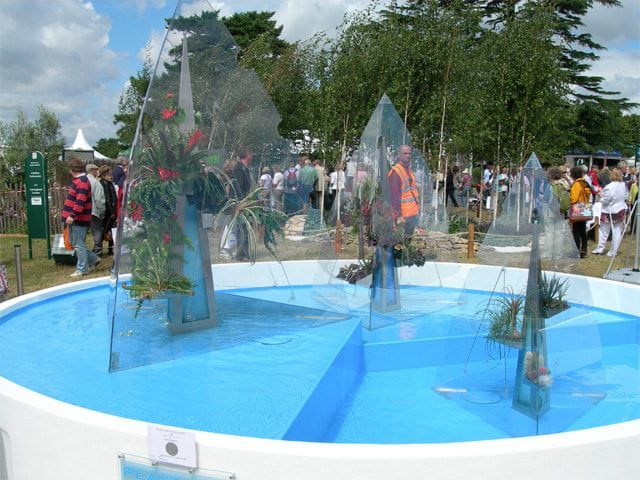 |
| The first time hydroponics has been entered as a show garden (Conceptual Garden Section). |
|
| |
Hampton Court Flower Show
|
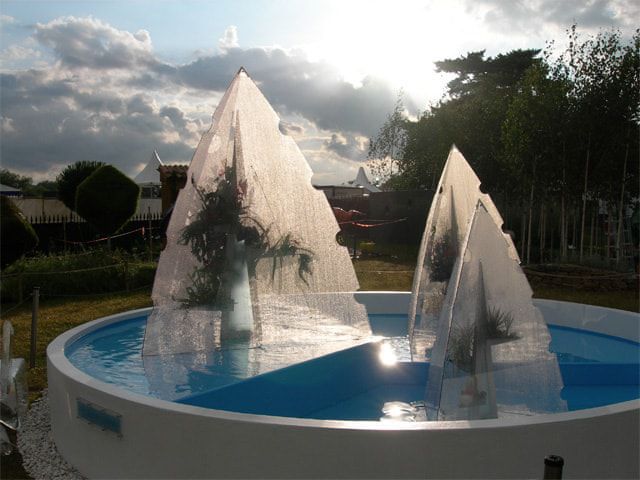 |
| The first time hydroponics has been entered as a show garden (Conceptual Garden Section). |
|
| |
Hampton Court Flower Show
|
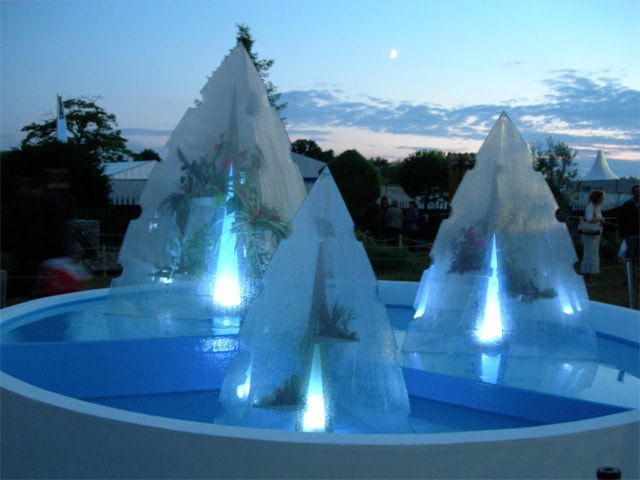 |
| The first time hydroponics has been entered as a show garden (Conceptual Garden Section). |
|
| |
The Clearing, Hinterland - Nottingham - Beach Trees - John Newling
|
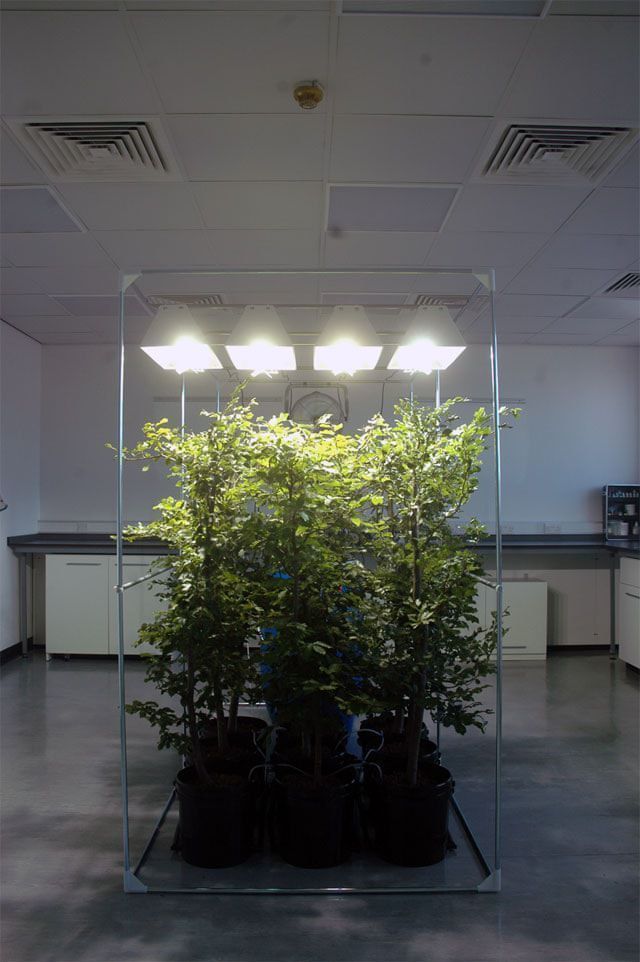 |
|
John Newling will be collecting and copying key documents relating to the different history of spaces adjacent to the River Trent and the industrial wastelands of Nottingham which have an emphasis on changing values and shifting architectural or ground use. This collection of documents will be shredded and transformed into soil. Using a laboratory provided by Bio City, the artist will then conduct a number of experiments. In this first phase of the project the laboratory will house a hydroponics system that endeavours to grow Beech trees.
Newling hopes to open up the ‘historic situation’ of material culture, evolving his project through a series of vital conversations between nature, environment and society.
More information at John Newling's Website
|
|
Ecologies of Value, 2012 - John Newling
|
.jpg)
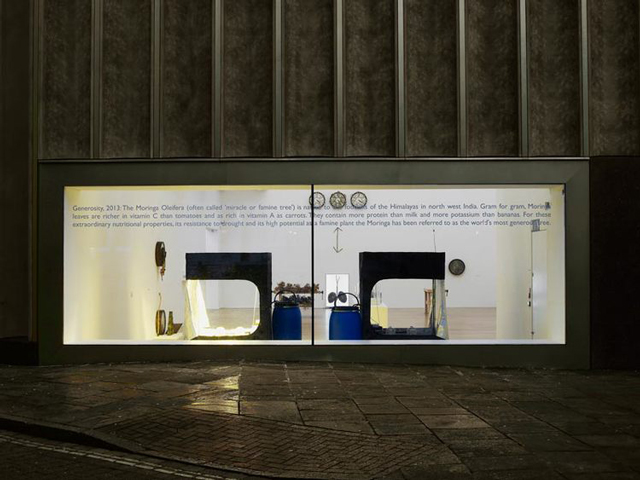 |
|
Two silver-lined hydroponic growth tents contain young Miracle Trees (Moringa oleifera), a continuation of an earlier project at Nottingham Contemporary in The Study. Through carefully regulated levels of light, carbon dioxide and water, the tents simulate the trees’ native climate conditions in the Himalayan foothills of north-western India. Newling became interested in the plant when researching the species’ uniquely generous properties for healing and nutrition.
More information at John Newling's Website
|
|
|
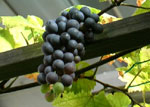
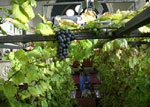
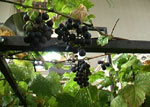
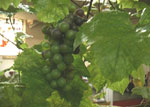
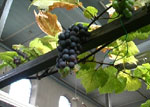
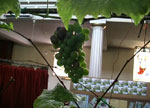
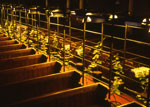
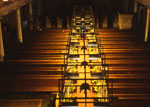
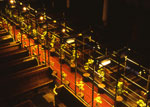
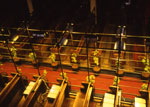
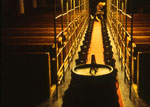







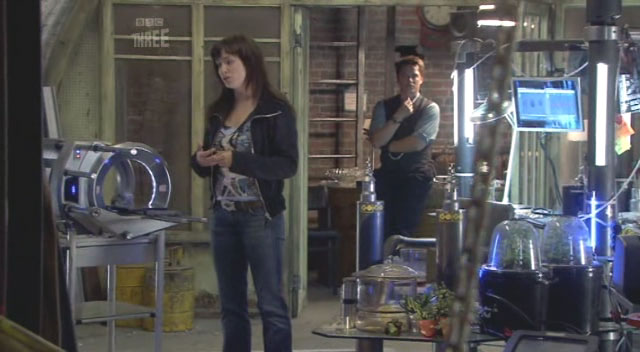





.jpg)


